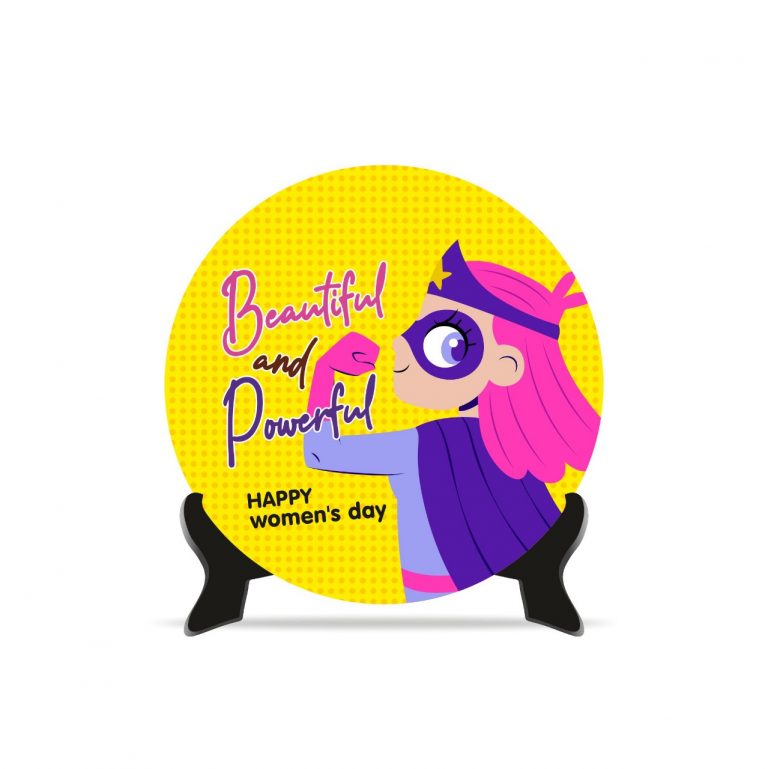Today, getting honest employee feedback is more important than ever. It’s not just a simple task for HR anymore. It helps leaders understand what employees really think and feel. We recently celebrated Employee Experience Month in April, with many companies focusing on how employees experience their workplace.
Reports from Forbes and Gartner show that more employees are leaving their jobs. One reason is that they feel like they’re not being heard. That’s why feedback from employees is so important. It can help improve employee retention and make the workplace better.
But feedback should not just be collected and forgotten. It should help HR leaders understand what’s working and what isn’t. HR needs to get real, honest feedback and know how to use it to make positive changes.
Why Traditional Surveys Fall Short
A lot of companies still use old methods to collect employee feedback. They ask unclear or vague questions that employees don’t understand. Because of this, many employees either don’t fill out surveys or don’t take them seriously.
Survey fatigue is also an issue. Employees are tired of answering too many surveys that don’t seem to lead to any changes. When HR doesn’t act on feedback, employees feel like their voices don’t matter, and they stop sharing their opinions. Sometimes, employees fear being identified, so they don’t give honest answers. This means the company doesn’t get the real feedback it needs.
Designing Surveys for Truth, Not Just Data
To get honest employee feedback, HR needs to design surveys carefully. The most important thing is to make sure the surveys are anonymous. When employees know their answers won’t be traced back to them, they feel safer to be honest.
The questions should be clear and simple. HR shouldn’t ask too many questions. Each question must have a reason for being asked. It’s also important to ask questions that let employees share their thoughts in their own words. For example, instead of asking “Do you like your manager?” ask “How comfortable do you feel talking to your manager?” This helps HR get better answers.
HR should also include open-ended questions that allow employees to share what matters most to them. These answers are often more valuable than simple “yes” or “no” answers.
Timing and Frequency: When Feedback Feels Most Authentic
The timing of surveys is really important. Asking for feedback once a year is good, but HR should also ask for feedback more often. Internal Pulse surveys, which are short and quick, should be sent more regularly—monthly or after key events like a new employee’s first month, a completed project, or an employee leaving.
For example, collecting employee feedback on how they feel after their first month helps HR understand if the person feels welcomed. Asking for feedback after a project ends shows how the team worked together. Exit surveys are also important because employees leaving the company are often more honest.
Asking for feedback at the right time helps HR get the most useful answers.
Decoding the Voice Behind the Numbers
After collecting feedback, HR needs to understand what it really means. Numbers can show trends, but they don’t always explain why employees feel the way they do. It’s important to look at both the numbers and the written comments to understand the full picture.
Related Posts
If many employees rate work-life balance low, HR should look at what employees are saying in the open-ended answers. Do employees feel overworked? Are there problems with how tasks are assigned? Sentiment analysis tools and AI can help read many responses and spot patterns, but they still need to be checked by humans to make sure the right conclusions are made.
From Insight to Impact: Closing the Feedback Loop
Once HR understands the feedback, the next step is to act on it. Many companies collect feedback but do nothing with it. This makes employees feel like their voices don’t matter, and they stop sharing their thoughts.
HR should share the results of the surveys with employees and explain what changes will happen because of the feedback. Even if some changes can’t happen immediately, clear communication shows employees that their feedback is valued. This helps build trust and encourages employees to keep participating in future surveys.
Relevance to Retention, Culture, and Employer Branding
Listening to employee feedback helps improve the company culture. When HR acts on feedback, employees feel respected and more engaged. They are more likely to stay with the company.
Feedback also helps HR resolve problems before they get worse. If employees feel that things aren’t working well, they might leave. But if HR listens and makes changes, employees are more likely to stay.
When companies listen to their employees, it also helps with employer branding. Happy employees often talk positively about their workplace, which can help attract new talent. If the feedback process leads to real changes, the company builds a better reputation.
Conclusion
The future belongs to companies that listen to their employees. As work becomes more digital and diverse, honest feedback will become even more important.
Technology can help HR collect feedback, but human understanding is still key. Listening to employees, building trust, and taking action are all important for creating a positive workplace. By doing this, companies will be able to create a better culture, retain employees, and stay ahead in the competitive world.










